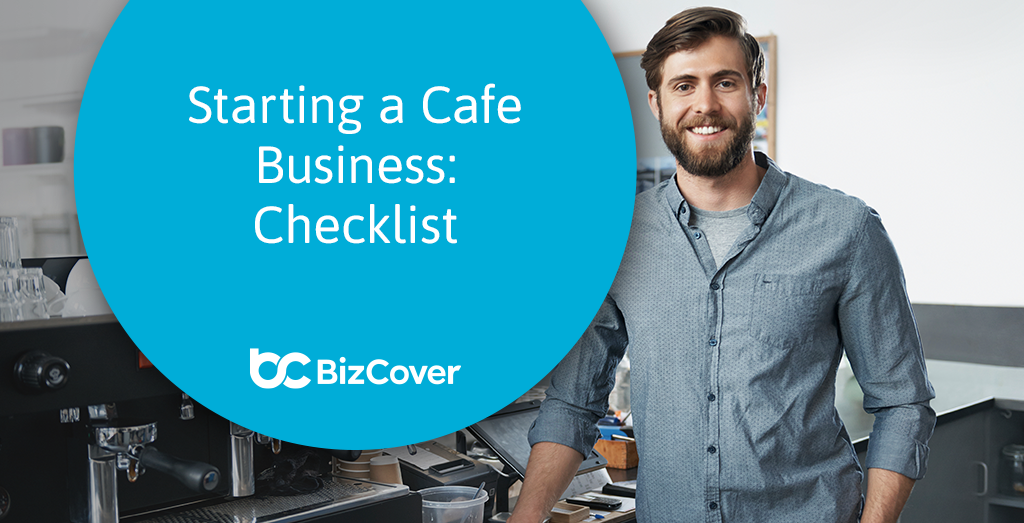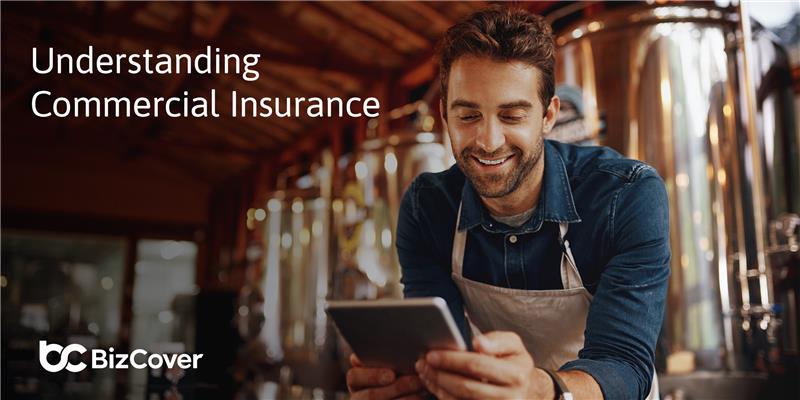Starting a cafe business in Australia: 9-step checklist guide
Australia’s café industry generated over $8 billion in revenue during 2023. With new neighbourhoods popping up and redevelopment within major cities, now may be a perfect time to start your own café business.
This checklist covers eight essentials for setting up a café and making it a raving success.
1. Have a business plan
Starting a food business begins with a business plan. The real value of this document is not in the final product, but in the process of creating it. Writing a business plan enables you to get to know your market and determine the numbers that will make your business a success.
When starting a food business your business plan will help you navigate each step of starting and running your cafe. It will also serve as a guideline for how to build and grow your business. You may consider including these elements in your café business plan:
- Summary: What your company stands for and how it will stand out.
- Analyse of the local market: Who are your customers and who is your competition?
- Your team: Who are you going to hire to help run your business?
- Marketing plan: What is your point of difference and how will you communicate it?
- Money: How much capital will you need to start and where are those funds coming from?
- Financial projections: Projected profit and loss and cash flow management.
- Location: Where will you base your café? Will you lease a premises? How much space will you require.
2. Carefully consider your costs
There is no one clear answer when it comes to answering the question of how much does it cost to open a café. This is because the costs to open your café will be determined by your location, renovation work, restaurant marketing costs, employment costs, and your supply needs.
Many café owners apply for a business loan to get their businesses up and running. Other funding methods include government grants, finding investors, and using personal savings.
3. Select a location
Storefronts in busy downtown areas have higher rents for a reason – higher foot traffic equals higher turnover for your café business. Other factors to consider include:
- Whether a location is central and close to other restaurants and shops
- If the space already has the right electrical and plumbing infrastructure
- How affordable the rent is
4. Focus on coffee and tea – but don’t forget the rest
Each state has different legal requirements for cafes in Australia different café license requirements, and different laws for selling alcohol.
Depending on what beverages you intend to sell in your new café, you may be required to hold a valid and current on-premises licence (cafe or restaurant) in NSW (referred to as a restaurant and café licence in Victoria). You may also need other certifications, such as a Responsible Service of Alcohol (RSA).
You may also require certain council certificates to run your café, such as a:
- Zoning certificate
- Construction certificate
- Fire safety certificate
- Compliance certificate
- Occupation certificate
5. Consider business insurance
Anything can happen when you run a cafe, which is why many café business owners reduce their risk with hospitality and restaurant insurance.
Business insurance can be an effective way to reduce your risk from events such as customer food poisoning, food spoilage due to power outages, and to damage to a customer’s belongings, just to name a few
6. Hire the right people
Finding and keeping great employees is a challenge for many small businesses.
While skills can be learned, attitudes are not as easy to acquire. You can target employees who have some hospitality or café experience, especially in the early stages of your business. But building a great team culture is only possible when you hire the right people. So put in the effort to find, screen, and hire the best people for your café business.
7. Source commercial equipment
There are a variety of options when it comes to equipment sourcing. Equipment can be purchased outright with your own money, or it can be leased through commercial kitchen suppliers. Many cafes can also rent equipment from their coffee roaster or pay off their equipment costs over time.
A commercial blender, fridge, dishwasher, cash register, and other items may also be required, depending on the size of your café business and the products it will offer. Some equipment items may not be necessary immediately, so you may prioritise certain equipment for the time being.
8. Market your cafe
You have the opportunity to build your network and create a groundswell in the weeks leading up to your café’s opening day. Social media is your word of mouth. Use it to build your reputation and excitement in your community.
Also, claim your Google Business listing to make sure that you appear prominently in local searches.
Recommended reading: 7 marketing tips for Australian restaurants and cafes
If you engage in online promotions, be sure to make them personal, interactive, and engaging. To encourage social sharing and engagement, use eye-catching images and videos. Invite your customers to visit your social media pages and register for your email communications to receive updates, specials, and other offers.
BizCover – the small business insurance experts
BizCover specialises in hospitality and restaurant insurance. Because we only work with small business owners, we know what works when it comes to helping small business owners reduce their risk.
As you start your restaurant checklist visit the BizCover website to learn more about insurance for restaurants and cafes and how it can help reduce the risk to your cafe business. Compare competitive hospitality insurance quotes from selected leading Australian insurers online, get covered in as little as 10 minutes, and get on with your day.
This information is general only and does not take into account your objectives, financial situation or needs. It should not be relied upon as advice. As with any insurance, cover will be subject to the terms, conditions and exclusions contained in the policy wording or Product Disclosure Statement (available on our website). Please consider whether the advice is suitable for you before proceeding with any purchase. Target Market Determination document is also available (as applicable). © 2025 BizCover Pty Limited, all rights reserved. ABN 68 127 707 975; AFSL 501769.



